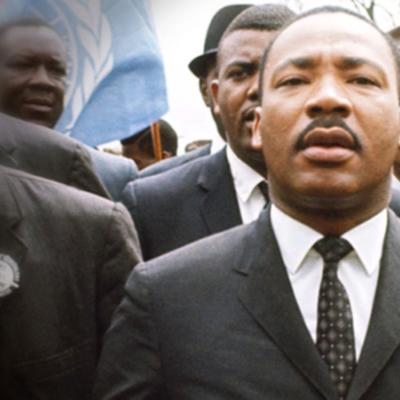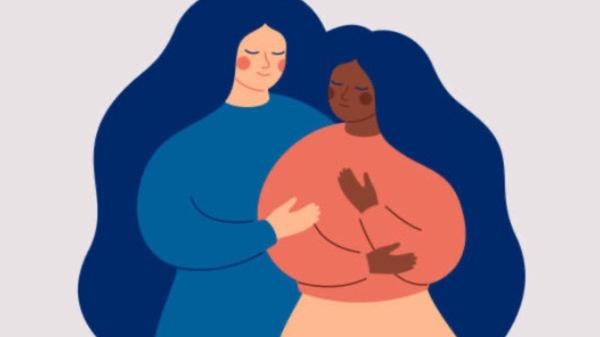“Forgive and forget”: one of the most commonly used phrases when describing a situation where one has been wronged. To some, it seems easier to move on with their lives instead of holding onto a bitter grudge against an aggressor. However, to many, forgiveness does not come so easily. When one has been wronged, forgiveness can seem almost impossible. Many wish to avenge themselves and cannot let go of their anger. Although this view is understandable, forgiveness is an extremely important activity that can benefit the forgiver. Harvard Health Publishing found that forgiveness could help victims feel more at peace and increase their mental health. This article also described two different types of forgiveness: emotional and decisional. Decisional forgiveness occurs when one consciously chooses to forgive and let go of the past acts that hurt them. Emotional forgiveness can be harder to achieve, as it occurs when one can mentally move past the wrong act. This can take much time and practice, but if achieved, it benefits the forgiver.
Forgiveness can benefit both one’s mental and physical health. When one forgives, they no longer dwell on the upsetting past and can focus on thoughts that make them calmer and happier. This can improve one’s mental health as one no longer has a nagging feeling of disappointment and anger. Forgiveness can improve one’s physical health by lowering the possibility of heart attack, improving cholesterol levels, and reducing pain. According to John Hopkins Medicine, science has found that those who are more forgiving are happier with their lives and have lessened levels of depression and anxiety.
Once one understands why forgiveness can benefit themselves, many begin implementing forgiveness into their daily lives. However, forgiveness has varying difficulty levels depending on the aggressor. Forgiving a friend, spouse, or coworker can come easier than forgiving a country, leader, or history of aggression. For many in this country, systemic racism and injustice have left them with anger and a sense of hostility that cannot be easily forgiven.
Since America’s beginnings, certain groups of people have been discriminated against for arbitrary traits, such as the color of their skin, their gender, or their beliefs. Although this country has taken strides to right the wrongs of the past, America has not fully escaped the prejudice in many people, and it is impossible to erase the past. This leaves many people with a sense of injustice and anger that cannot be easily forgotten through forgiveness.
However, many who have experienced this anger urge others to forgive anyways. Martin Luther King’s daughter, Beatrice King, described how her own father chose to forgive the wrongs he experienced because of his race. According to NPR, she described that her father would tell her: "If you internalize anger, and you don't find a channel, it can destroy you…hate is too great a burden to bear…it is corrosive and erosive." Martin Luther King, one of the most influential voices of the civil rights movement, encouraged victims to choose love over hate and forgiveness over grudges. Only then, he argued, could we move to a better future for all, filled with acceptance and peace.
Project Humanities has held events about forgiveness, where participants learned more about the power of forgiveness and why we ought to forgive, even if it seems unfair or difficult. This event discussed America’s heinous past and why it is important to forgive as much as one is able to for their own well-being. Forgiveness is not just for the aggressor, but more importantly, it is also for the victim’s health and well-being.
Forgive and forget: many do not realize that it is possible to do one of those actions without the other. One does not need to forget the wrongs of the past in order to forgive the wrongdoers. However, all should attempt forgiveness for the sake of healing.
If you would like to find out more, check out these sites:

